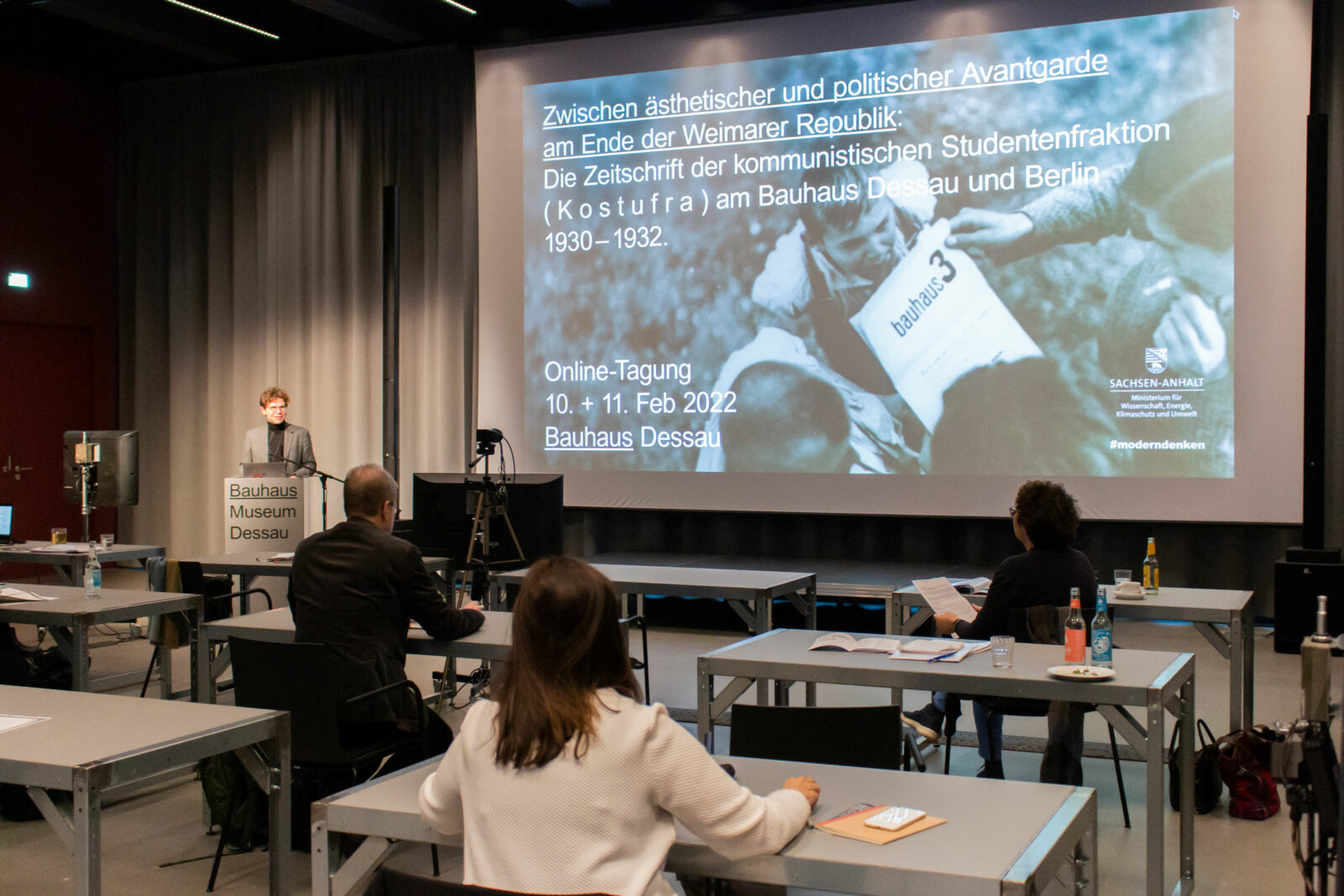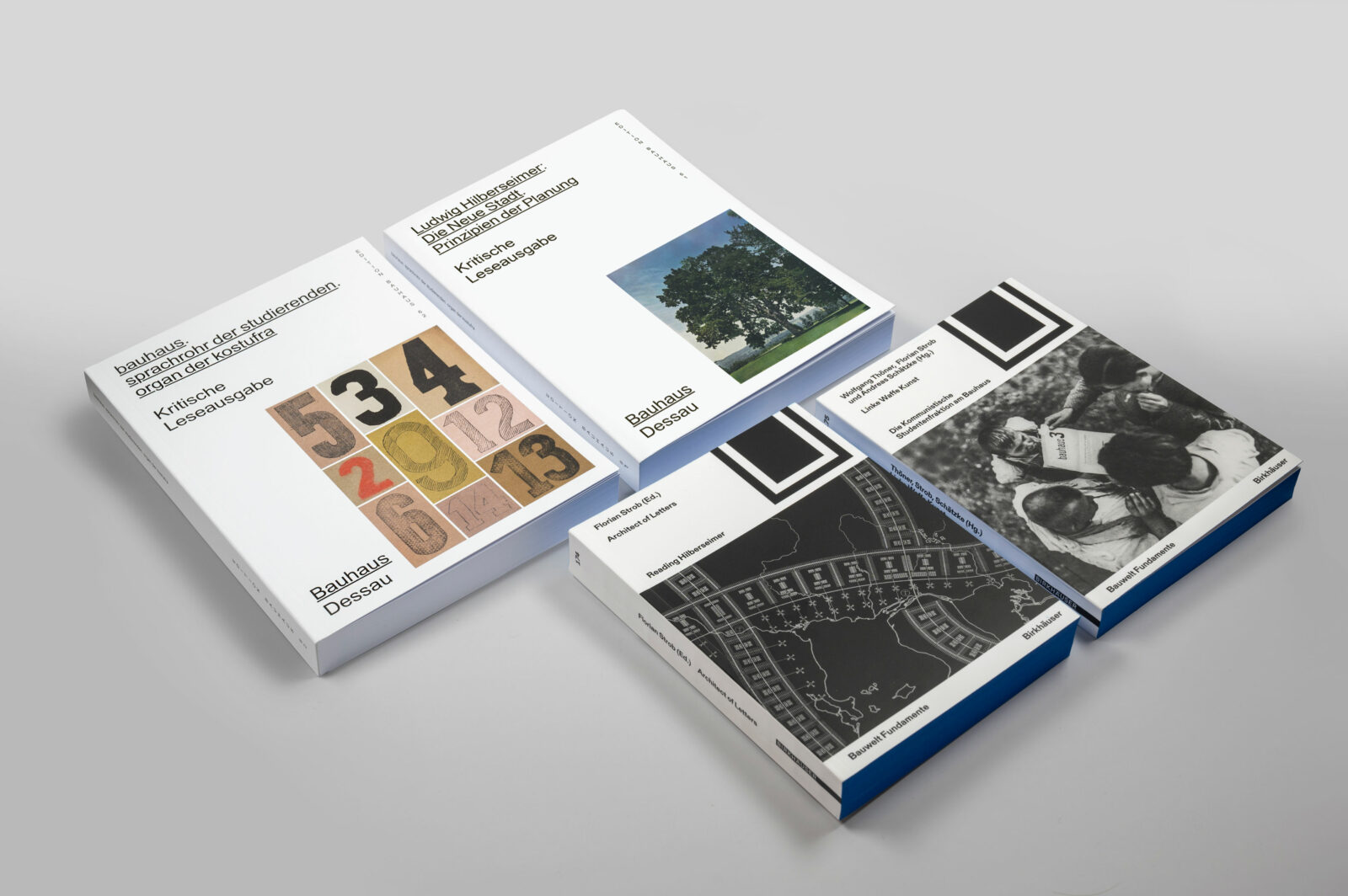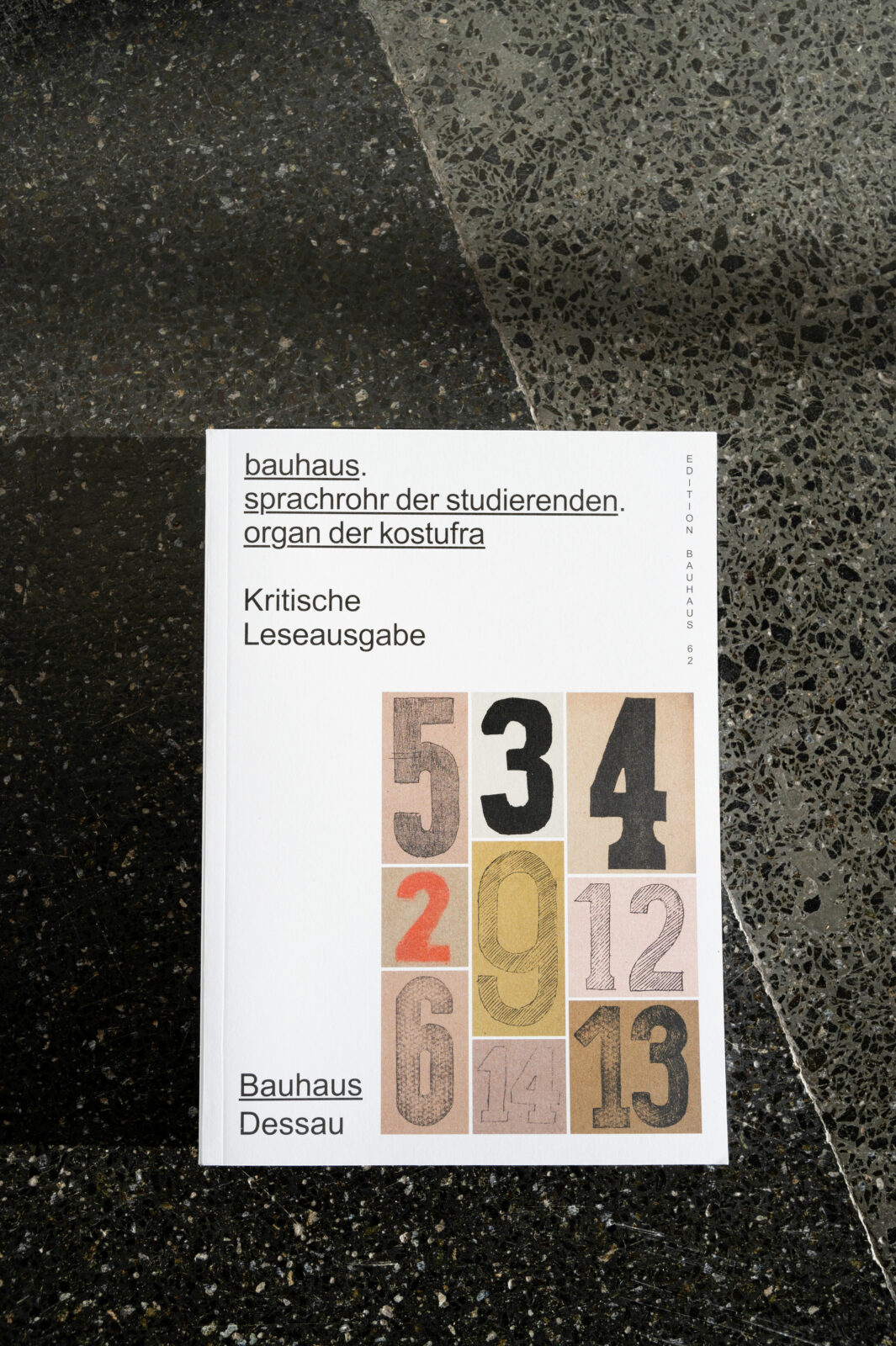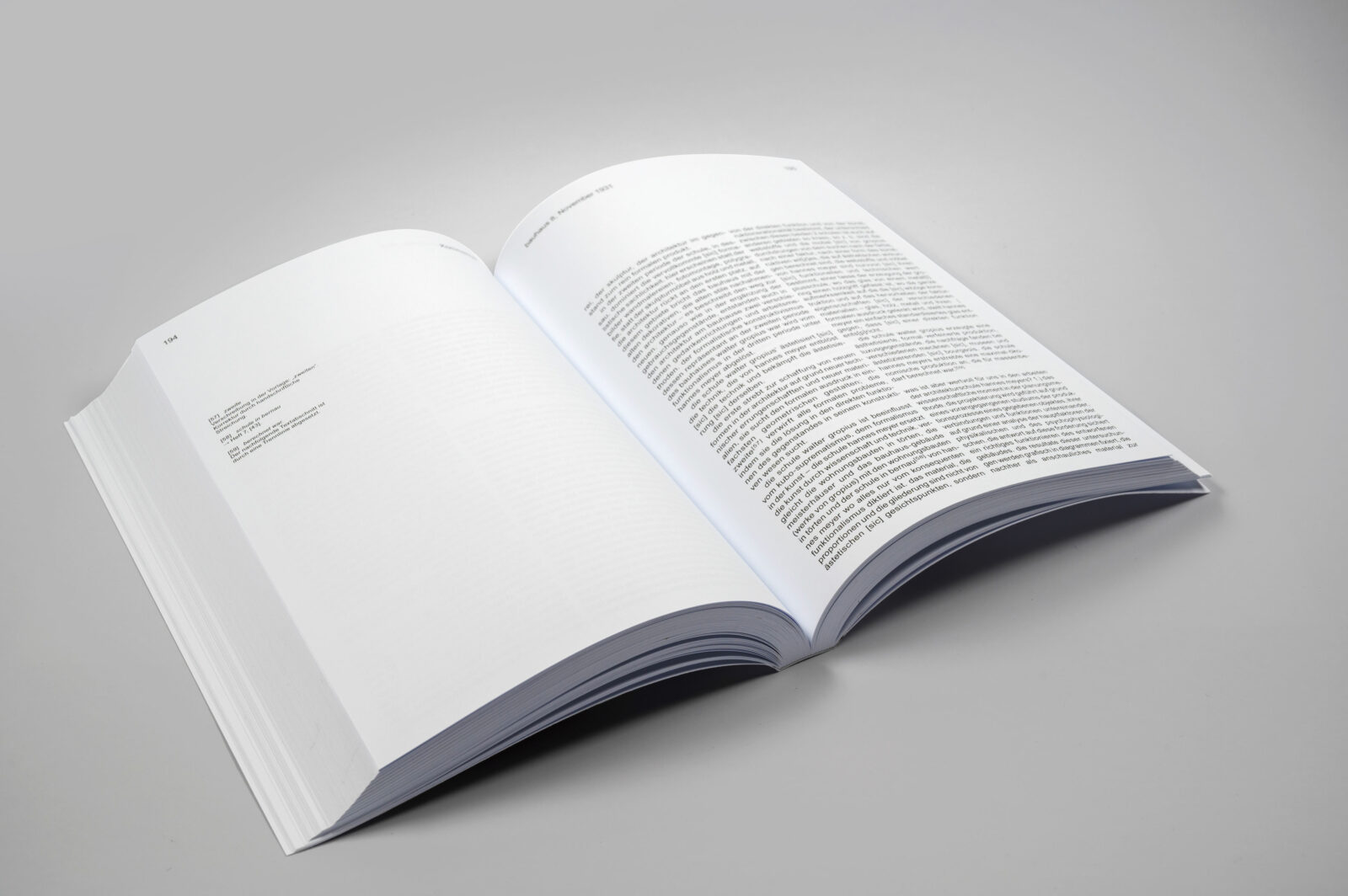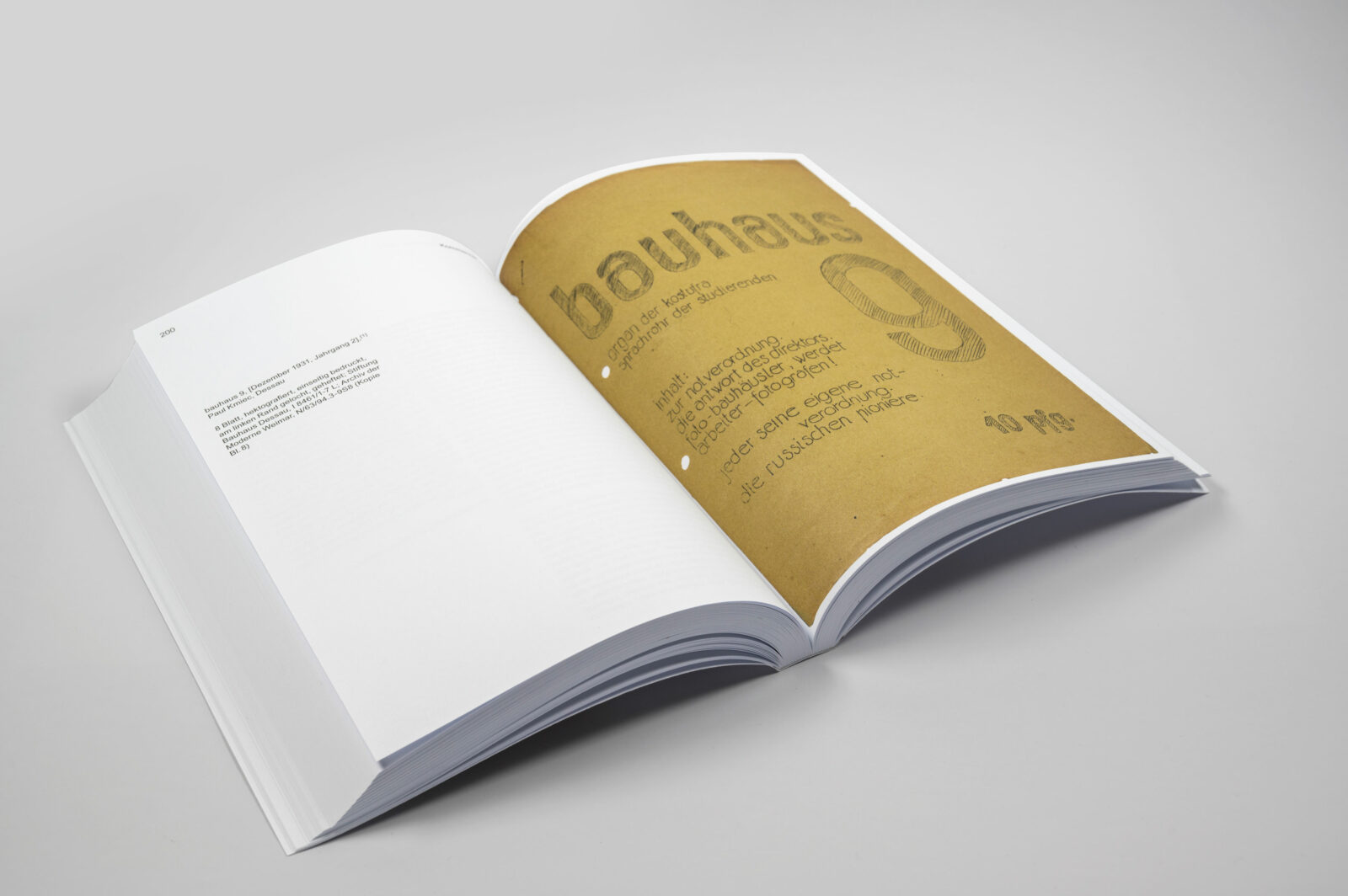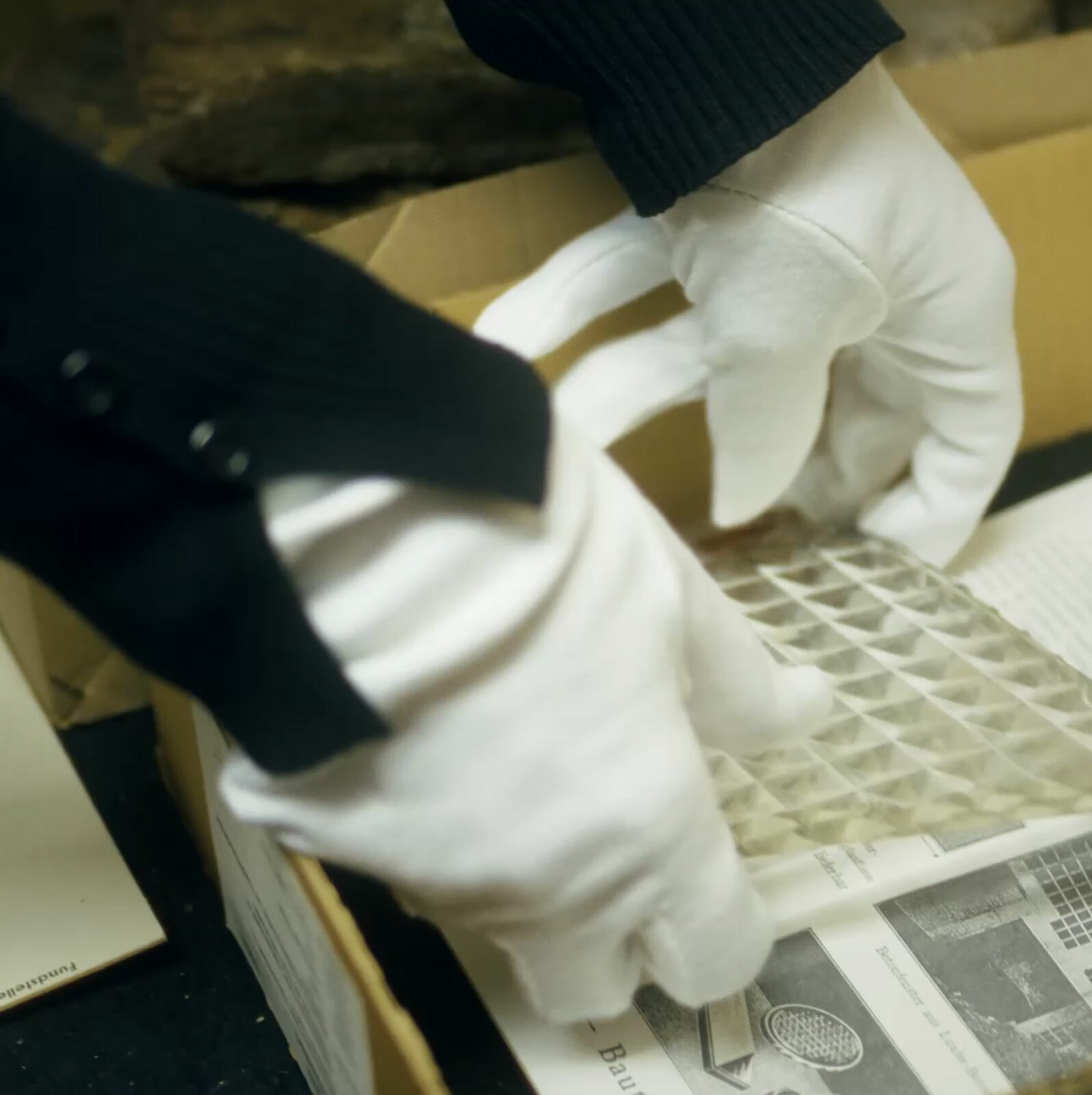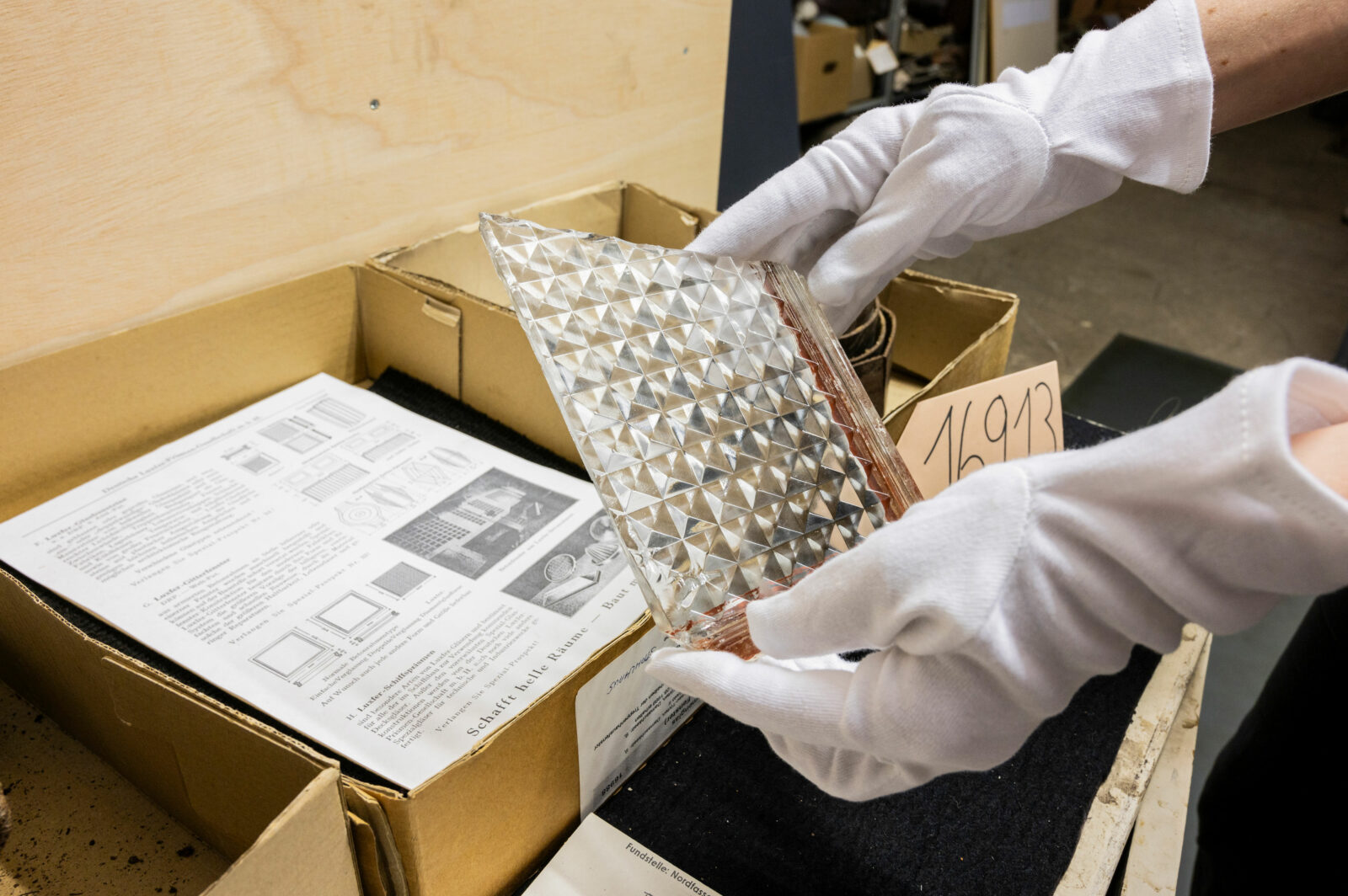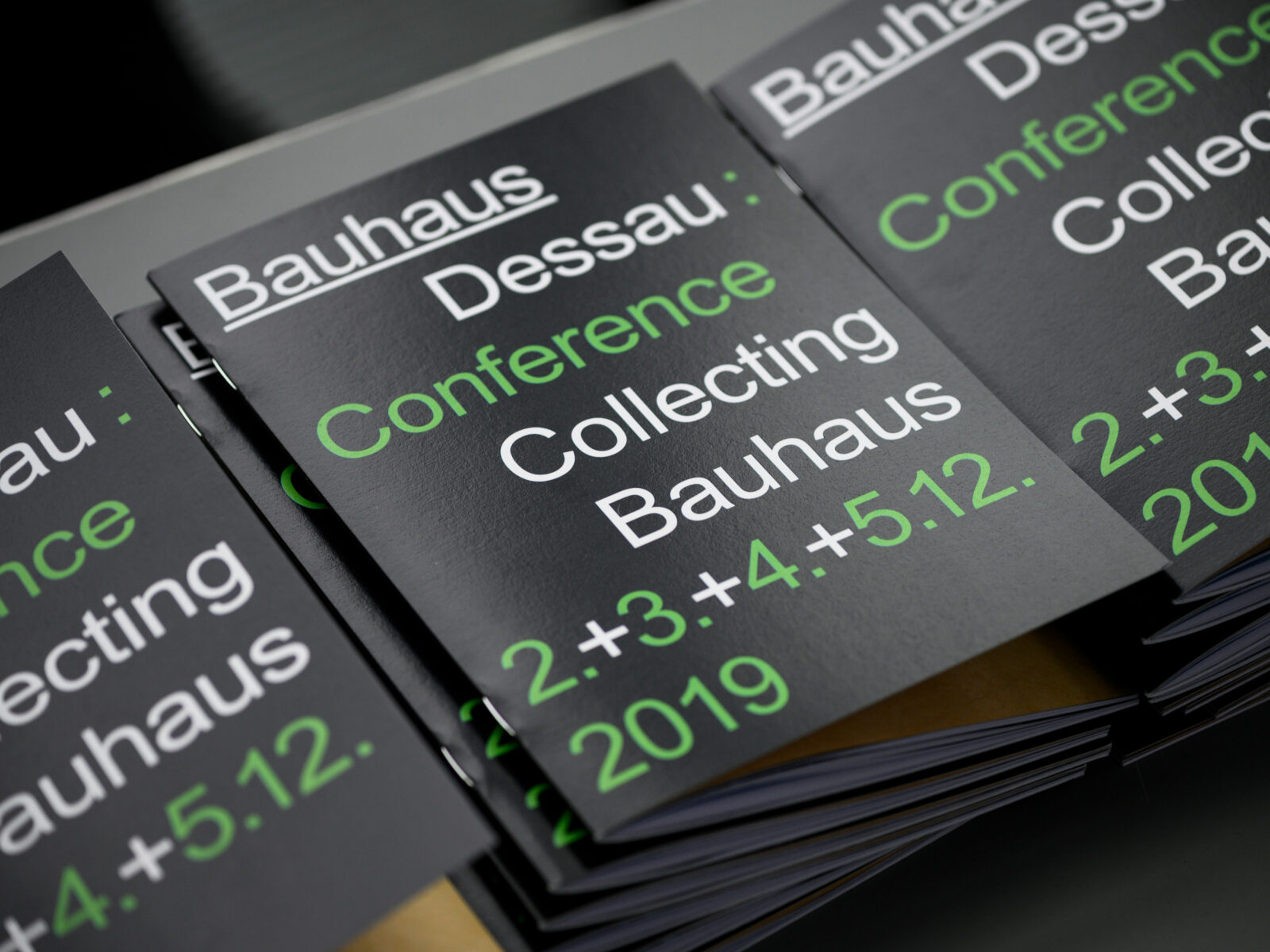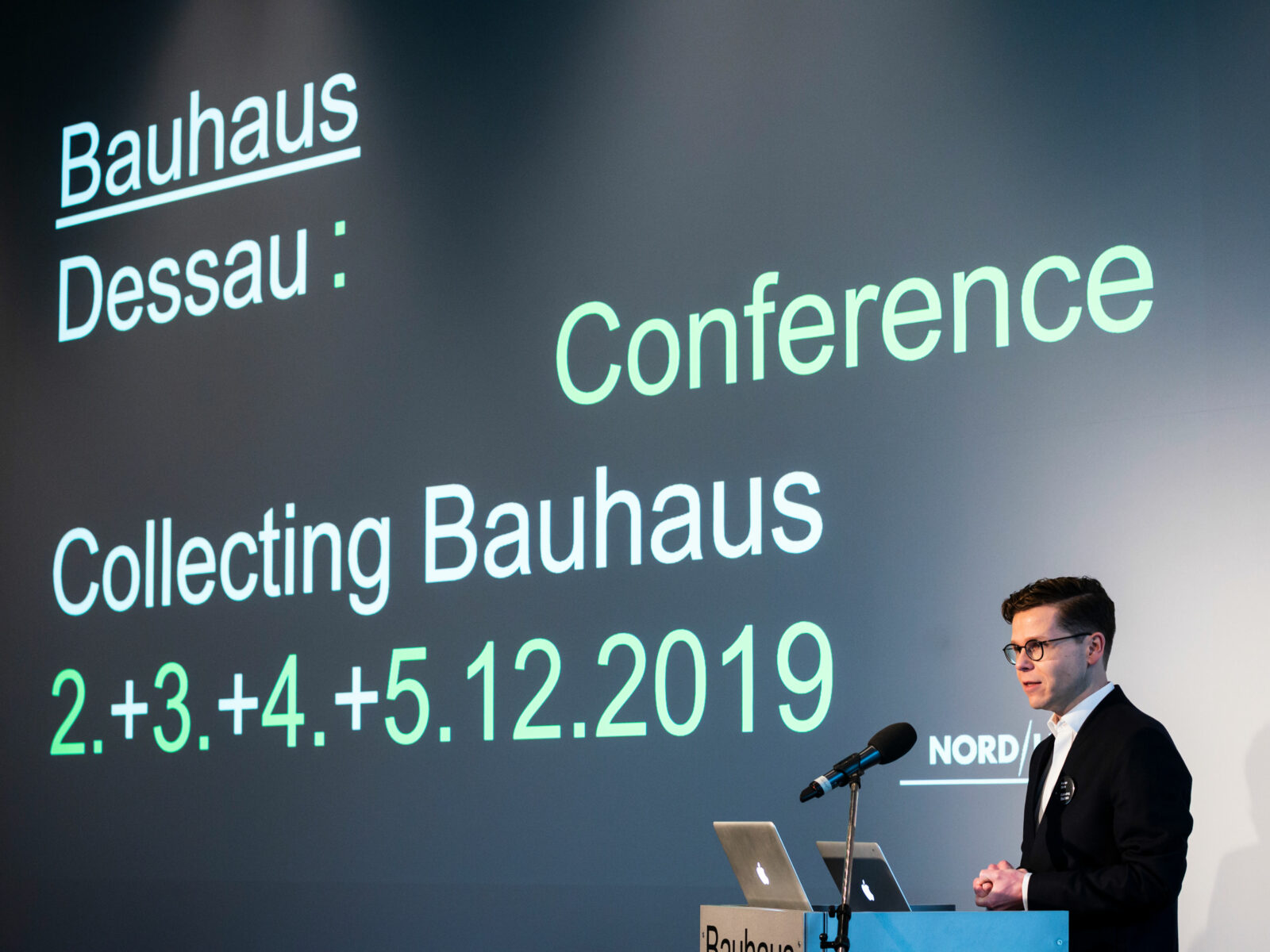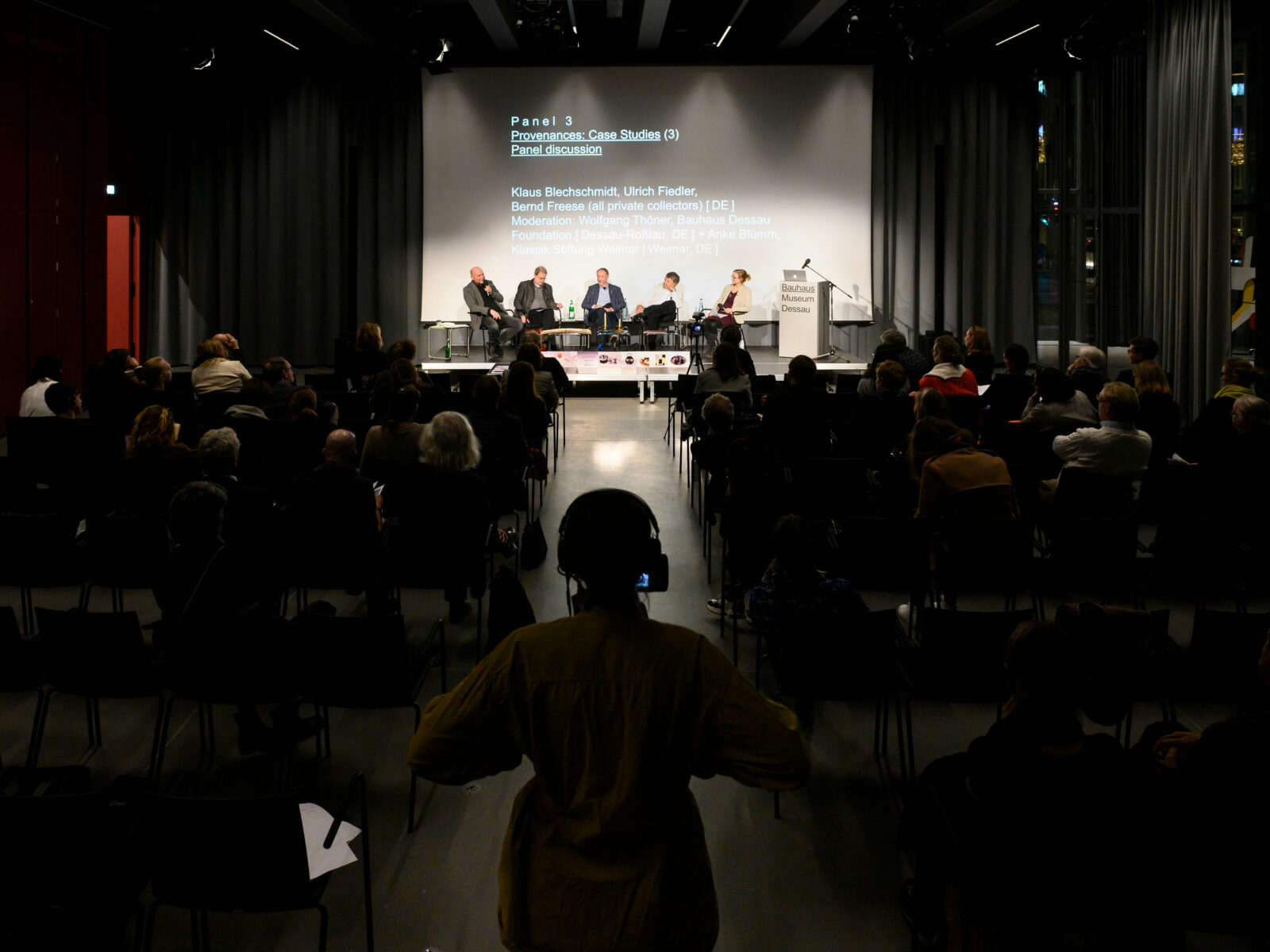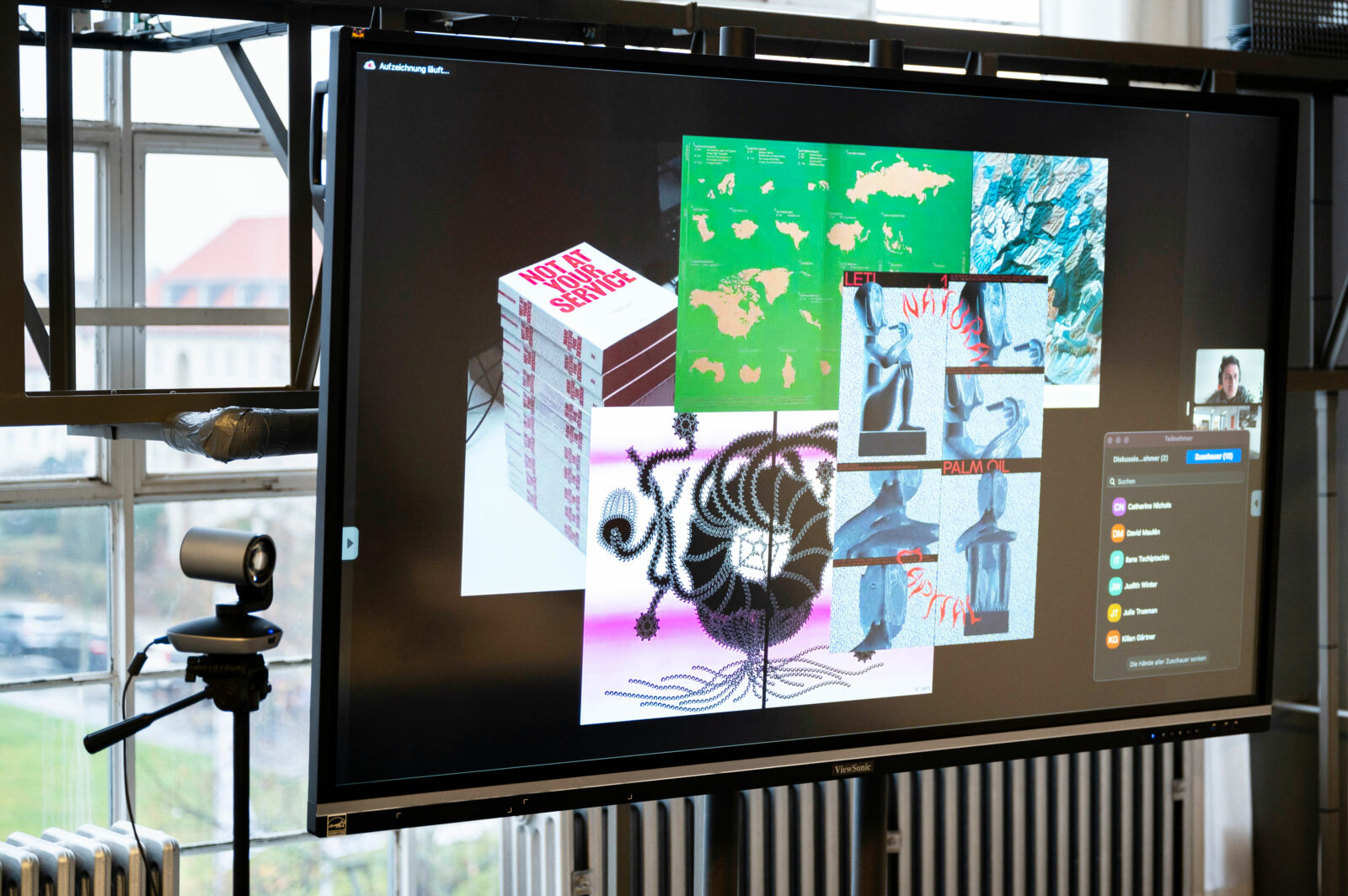The project Bauhaus im Texts is concerned with the textual legacy of the historic Bauhaus, which has recently become the focus of research for the first time. Up until now, no complete overview of the texts written by the Bauhauslers from 1919 to 1933 has existed. Although the book Das Bauhaus: Weimar, Dessau, Berlin 1919 – 1933, published in1962 by Hans Maria Wingler, contains a collection of literary texts written at the Bauhaus, it only presents a selection of authors and specific areas. It was thus decided to narrow this gap in Bauhaus research, and make the texts digitally accessible to scholars all over the world.
In addition to this annotated index of all writings and sources, the Bauhaus Dessau Foundation has been working on two digital sample editions. The academic staff first investigated political life and work at the Bauhaus on the basis of the magazine Bauhaus. Sprachrohr der Studierenden. Organ der Kostufra, which was published by communist students. The second project was a critical examination of the theoretical work of the urban planner, architect, and Bauhaus teacher Ludwig Hilberseimer. Researchers focused on his book The New City: Principles of Planning and on Hilberseimer’s early writings, which began at the Bauhaus in Dessau in 1928/29.
The two-year project, funded by the Saxony-Anhalt Ministry of Economics, Science, and Digitisation with a total of EUR 620,000.00, is available online from the website of the Thuringian University and State Library Jena (ThULB).
